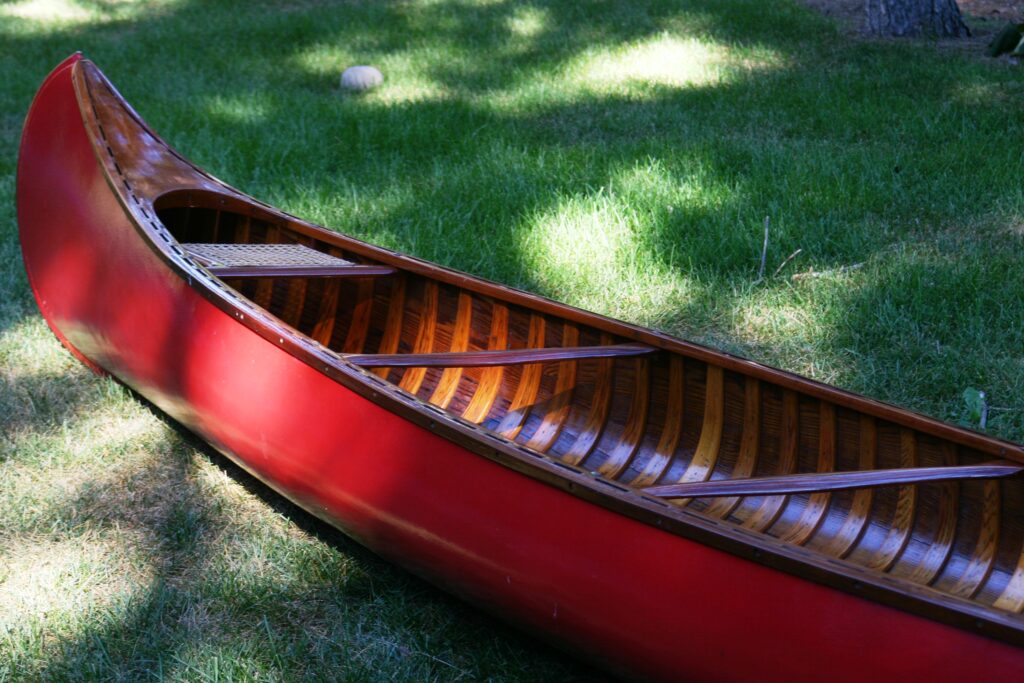Today’s author is Intentional Interim Pastor Steve Sylvester.
My paddle’s keen and bright
Flashing with silver
Follow the wild goose flight
Dip, dip and swing
Dip, dip and swing her back
Flashing with silver
Swift as the wild goose flies
Dip, dip and swing

That song came to mind when shortly before 6am this past Thursday I paddled out onto Bde Maka Ska with some friends (as an aside, I am presently reading Doris Kearns Goodwin’s book about Lincoln, “Team of Rivals,” so I am thankful for the renaming of the lake as I learn more about John C. Calhoun). Like turning the pedals of a bike, the dip, dip and swing of the paddle is very meditative. I quite enjoy it. The body pushes the bike or canoe forward with muscle memory, something that focuses the mind but at the same time allows it to wander. My years of pedaling and paddling have produced many decent sermons and a few bad poems.
Coasting, however, is as important as the rhythm of pushing and pulling. In the canoe, I arch and twist my back, lift the paddle over my head to stretch side to side. Then I rest the paddle on the gunwales in front of me and… do nothing. But I’m not really doing nothing. I’m feeling the sun, fog or drizzle on my face. I’m observing the browse line at the shore. I’m hovering in the stillness or gently rocking on the waves. I’m taking everything in.
Be still and know that I am God. For me, that usually means not doing nothing, but opening and quieting in order to receive. It’s an active not doing, like the hull of the canoe on a placid lake that is “just sitting there,” but is also performing a balancing act between two very different elements. I’m too Lutheran to say that God actually “speaks” to me during these times, but what I will say is that I am more tuned in to God’s inclusion, God’s care, God’s needs for me.
What does being still mean for you? How do you open up to and receive the things of God? I would love to know how that happens for you.